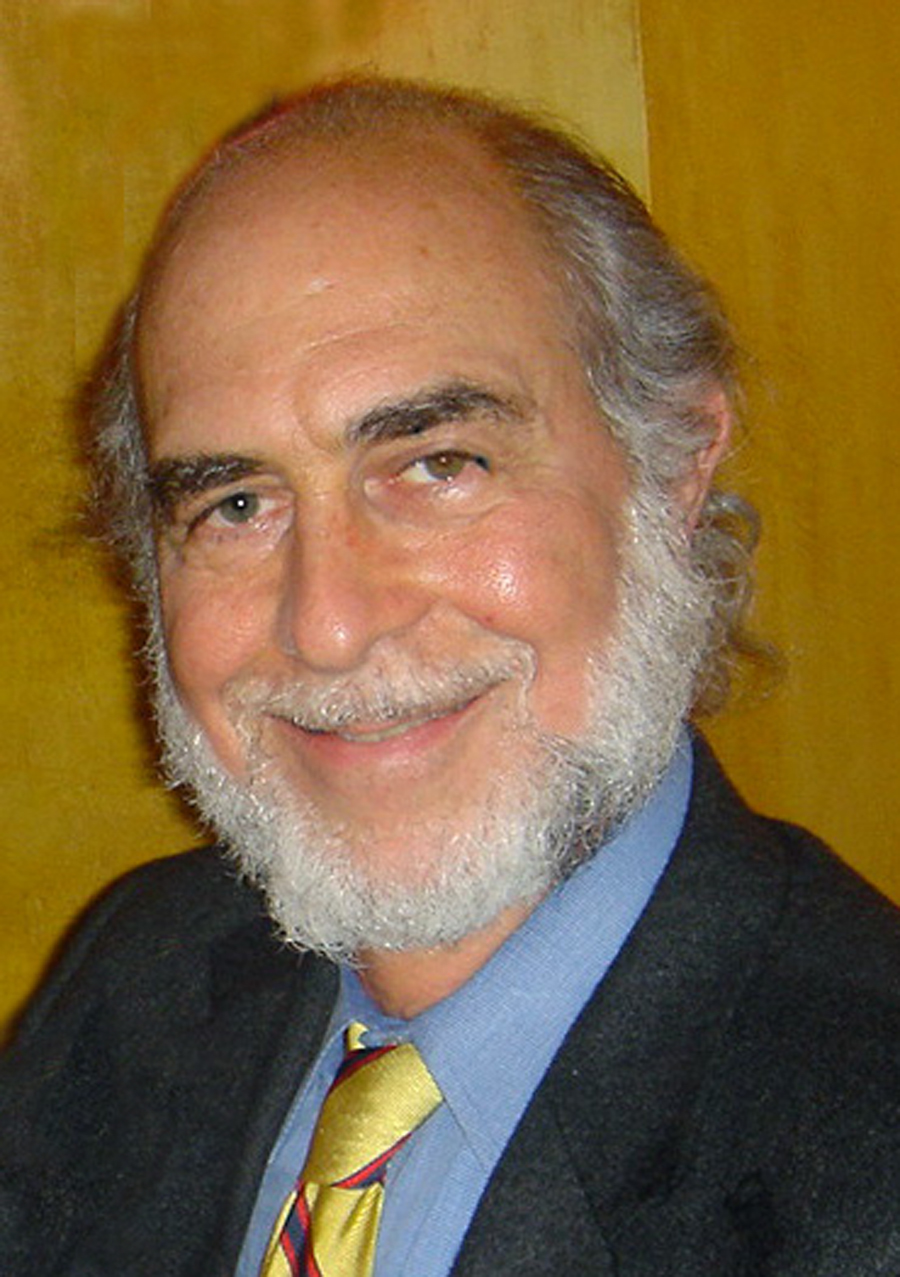
David H Barad, MD, MS, FACOG
Dr. Barad joined CHR in 2003. He is a graduate of Rutgers Medical School and completed his residency in OB/GYN at the Sloane Hospital for Women of Columbia Presbyterian Medical Center in New York. Following his residency, Dr. Barad was accepted to the Fellowship in Reproductive Endocrinology and Infertility at the Brigham and Women's Hospital of Harvard Medical School, Boston. Dr. Barad is certified as a Diplomate of the American College of Obstetrics and Gynecology and also received subspecialty certification as a Reproductive Endocrinologist. Dr. Barad served as Director of Reproductive Endocrinology and Infertility at Montefiore Medical Center and Albert Einstein College of Medicine. Currently, Dr. Barad holds the academic title of Associate Clinical Professor at Albert Einstein College of Medicine. Dr. Barad is Director of Clinical ART and Senior Scientist at CHR.
Dr. Barad has been increasingly active in clinical research. He served as an investigator at the New York Clinical Center of the Women's Health Initiative (WHI) on the landmark study examining factors that may affect the health of women after menopause. He is currently a scientific consultant for the WHI, and is presently Chair of the WHI Hormone Trials advisory committee. Dr. Barad also serves on many national and international WHI committees.
Dr. Barad has published extensively in the field of Reproductive Endocrinology. He is a fellow of the American College of Obstetrics and Gynecology, a member of the American Society of Reproductive Medicine and of the Society of Reproductive Endocrinology, as well as numerous other professional societies and organizations.
In May 2003 Dr. Barad was awarded a Master of Science degree in Clinical Research Methods at the Albert Einstein College of Medicine. In 1999 he was recognized by the American Infertility Association for his "continuing dedication and support to individuals experiencing infertility".
Context
In part one of the three lectures on CHR’s annual research update for 2013, Dr. Barad provides an updated overview of androgens’ roles in female reproduction, especially as they relate to female age and ovarian reserve. New findings at CHR’s research include the role of androgens in follicle development, in which androgens and FSH may work synergistically. Dr. Barad’s presentation will address the possibility of improving follicle recruitment through long-term, combined androgen (DHEA) and FSH exposure to improve IVF pregnancy chances for women with diminished ovarian reserve, providing further evidence that we now have the ability to therapeutically intervene into earlier stages of follicle maturation.
Objetives
- Explain how androgen-FSH synergism improves ovarian stimulation in diminished ovarian reserve
VIDEO: Can we clinically utilize androgen-FSH synergism on granulosa cells at small growing follicle stages?
Recorded on: Tuesday, May 14, 2013
Tags: adrenals, androgen, diminished (functional) ovarian reserve (DOR), experimental treatments, female infertility, hormones, in vitro fertilization (IVF), occult primary ovarian insufficiency (OPOI), ovaries, physiology, premature ovarian aging (POA)

